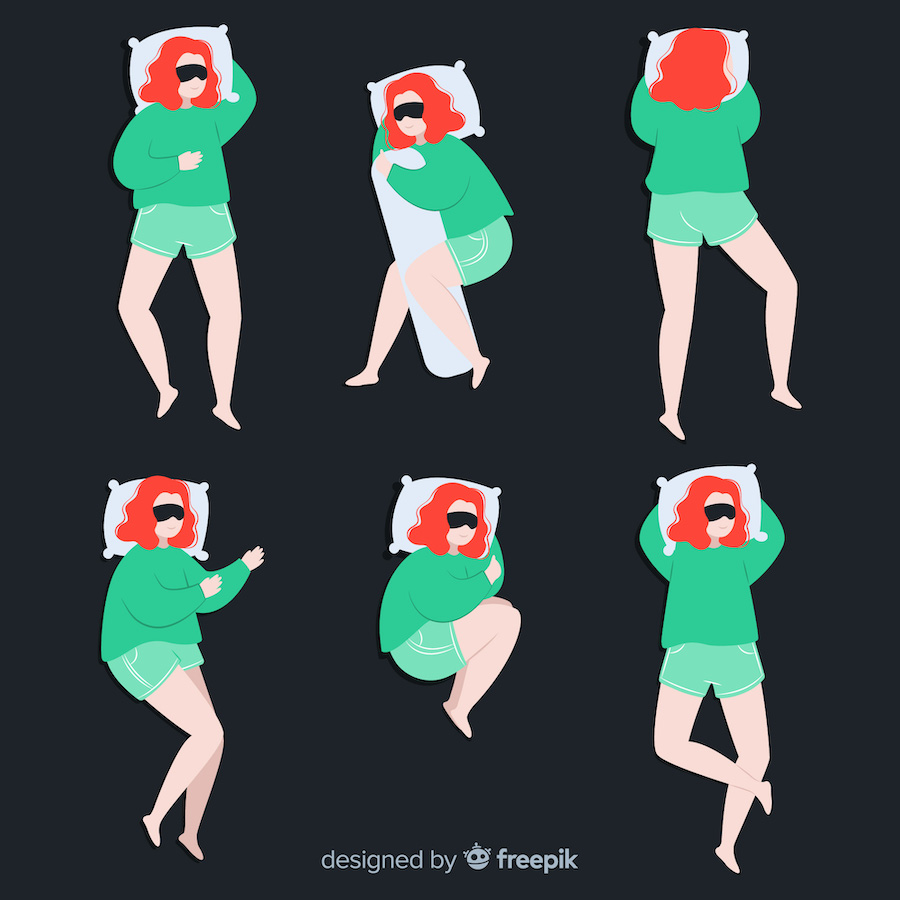
What’s the Best Sleeping Position for Sleep Apnea?
September 6, 2023 9:00 amSleep apnea is a sleep disorder that affects millions of individuals worldwide. While there are various treatments available, including continuous positive airway pressure (CPAP) therapy and lifestyle adjustments, your sleeping position can also play a significant role in managing the condition.
The Role of Your Sleep Position
Most people have a favorite sleep position or a way to fall asleep. But if you have sleep apnea, it may be time to reconsider, as the way you position your body while sleeping can impact the severity of sleep apnea symptoms. Different positions can worsen or alleviate airway blockages, making it essential to find the best sleeping position for sleep apnea.
Side Sleeping: A Top Choice
Sleeping on your side is typically the recommended position for managing sleep apnea. This position helps prevent the collapse of the upper airway, reducing the likelihood of breathing pauses or obstructions. When you sleep on your side, the tongue and soft palate are less likely to fall back and obstruct the throat.
Tips for Comfortable Side Sleeping
If you’re not a side sleeper, it can be challenging to feel comfortable. However, these tips can make it easier to adjust.
- Pillow Support: Use a supportive pillow to maintain proper neck alignment and comfort.
- Body Pillow: Hug a body pillow to keep from rolling onto your back during the night.
- Elevate Your Head: Slightly elevating your head with a pillow can further aid in maintaining an open airway and reduce snoring and breathing interruptions.
Avoid Sleeping on Your Back
Sleeping on your back, known as the supine position, is generally not recommended for sleep apnea sufferers. This position can cause the tongue and soft palate to collapse backward, potentially blocking the airway and leading to more frequent breathing interruptions.
Still Tired After Changing Your Sleep Position?
Adopting a new sleeping position can be challenging, but it can also significantly improve sleep quality. At RespAir Sleep, we can provide you with tips on sleep positions, oral appliance therapy, and more. Prioritizing your sleep can lead to a better, healthier lifestyle despite sleep apnea. Get in touch with us today!
Image by FreepikCategorised in: Sleep Apnea, Sleep FAQ

